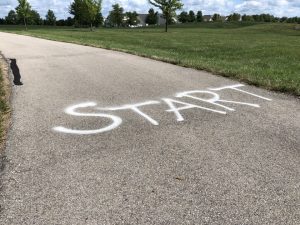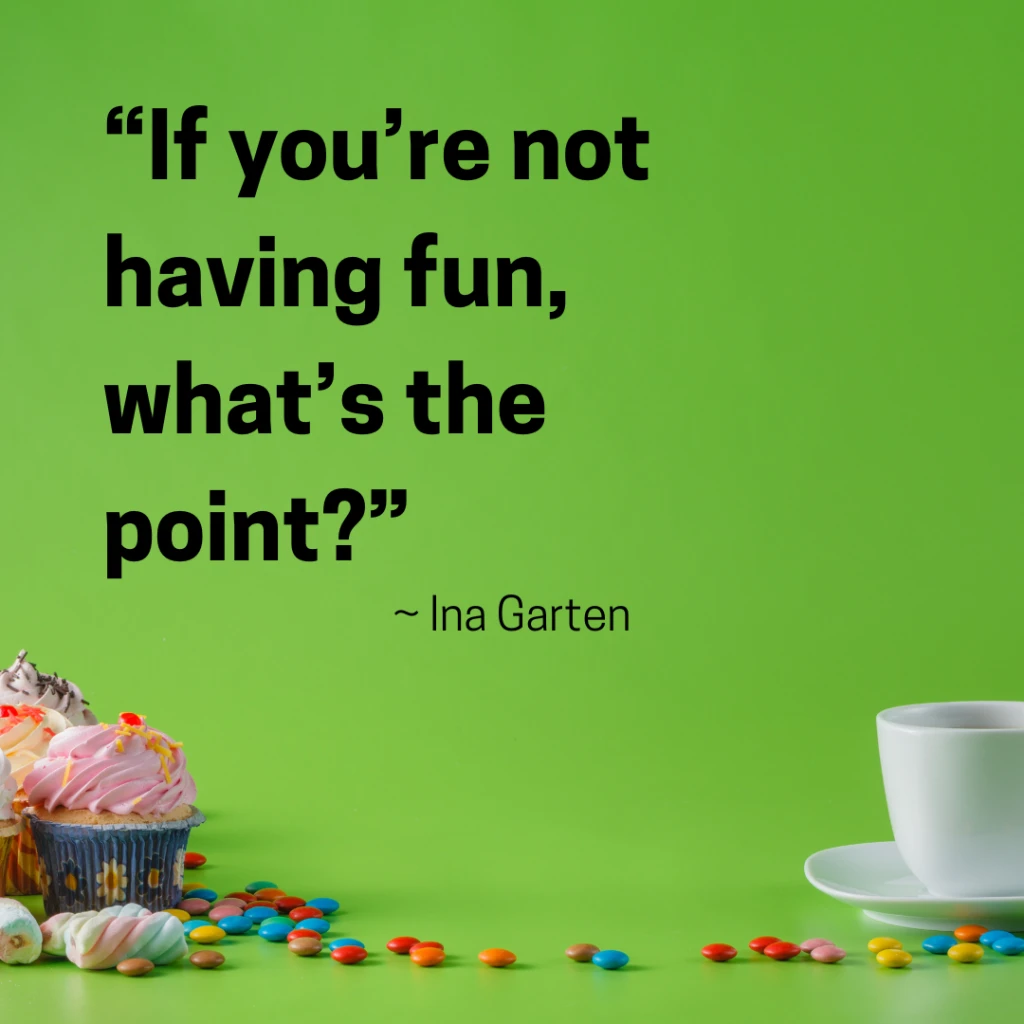
When we were growing up and the topic of ‘what do you want to do when you’re older?’ came up and you shared your hopes and dreams for the future, did you ever hear a variation the response:
“As long as you’re happy”
Or was it:
“You should be a <insert job here>”
Chances are really good it was one of those. They’re the standard adult response.
I heard something slightly different and more old school:
“As long as you’re making something of yourself”
This variant is almost a middle path between those two responses. To me, it loosely translates to “your impact is more important than the title” and that character counts more than a paycheck. An honest day’s labor to accomplish something, regardless of its social prestige, was something to be appreciated and lauded in my family tradition. Happiness should come from a job well done.
I fixed that attitude in my mind as the work ethic by which I’d guide my career for a long time. It worked for a time, but slowly I came to realize that there was more to ‘work’ than work for work’s sake. Satisfaction and contentment became harder and harder to find. Ambition seemed to be stalled. Worklife started to become a lot greyer and duller. Looking back to my parents and family, this seemed to be normal. “Normal”, it turned out, sorta sucked.
What then could a person do? Abandon work ethic completely? That was a non-starter. Part of the problem it turns out is that the world of work is rapidly changing. Work ethic had to evolve with it. As I studied the issue, I happened upon an idea from Jaime Casap, Google Global Education Evangelist:
Don’t ask kids what they want to be when they grow up but what problems do they want to solve. This changes the conversation from who do I want to work for, to what do I need to learn to be able to do that.
Unpacking this idea, things started to change. I was working in education at the time, so the idea of life being defined by a life-long investment in self-guided learning wasn’t new. What was new to me was the notion of choosing ‘what you need to learn’ as a career and goal-setting guide so you have the toolset to accomplish what you need. During graduate school, I came to see education was moving well past the hopelessly outdated model of ‘degree + graduation = vocation’ just as the job market was being driven by a demand for individuals who could not only work independently but also think independently.
The ultimate conclusion which I came to was that vocation choices and efforts aren’t just an exchange of time for money. They are investments of talent that reward both in monetary and non-monetary ways. I had been working hard, but not on the problem I wanted to solve. I finally saw that what I was working on was a paycheck. Now there’s nothing wrong with that- security is the very starting point of the Hierarchy of Needs. But did I want it to be my only legacy? As the old adage goes: “Nobody ever wishes when they’re dying that they’d spent more time in the office”.
Gallup’s Jim Clifton in the book ‘Born to Build’ puts it this way:
“People will ask you throughout your life, “Where do you work?” and “What do you do?” They never ask you, “What are you building?”. When conversations change to “What are you building?” you will change, and so will the world.”
So, what are you building in your career? If you want to make an impact large or small, you have to start with building yourself. Your strengths as an employee, employer, entrepreneur, and human being all are founded on your talents, purpose, and meaning.
What are your talents?
What is your purpose?
What is your meaning?
If you’re like most people I’ve met, the answer is:
“I have no idea!”
Good news- that’s okay! This position is normal as well. If you’re looking to go beyond normal to a career that you’re intentionally investing in though it can be helpful to step up your game. This can be done at almost any age, career stage, skill level, or location. It involves adjusting not your goals, but your strategy.
Don’t know your strategy? That’s okay too.
I was in this position once too. I invested a lot of time trying to revise my strategy and found a system that worked well for me. It’s my belief that by working through a process of answering 5 questions (more on that later) you’ll come out of the process with enough knowledge and confidence you can start the hard work of change too.
Start building something by making something out of yourself.
Thank you for reading Part 1 – please stay tuned for Part 2 and Question #1 coming soon!


